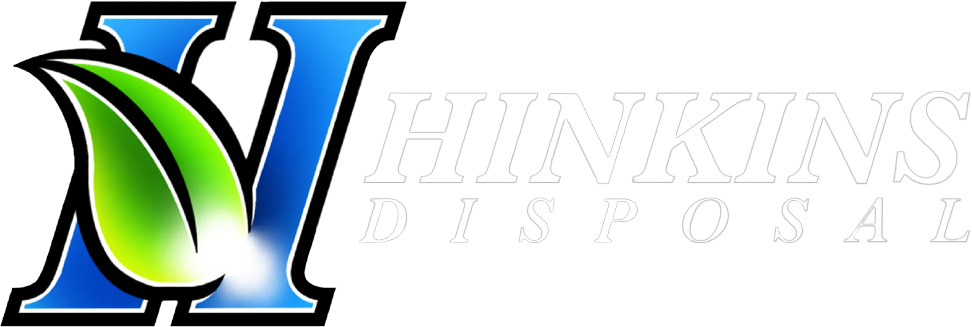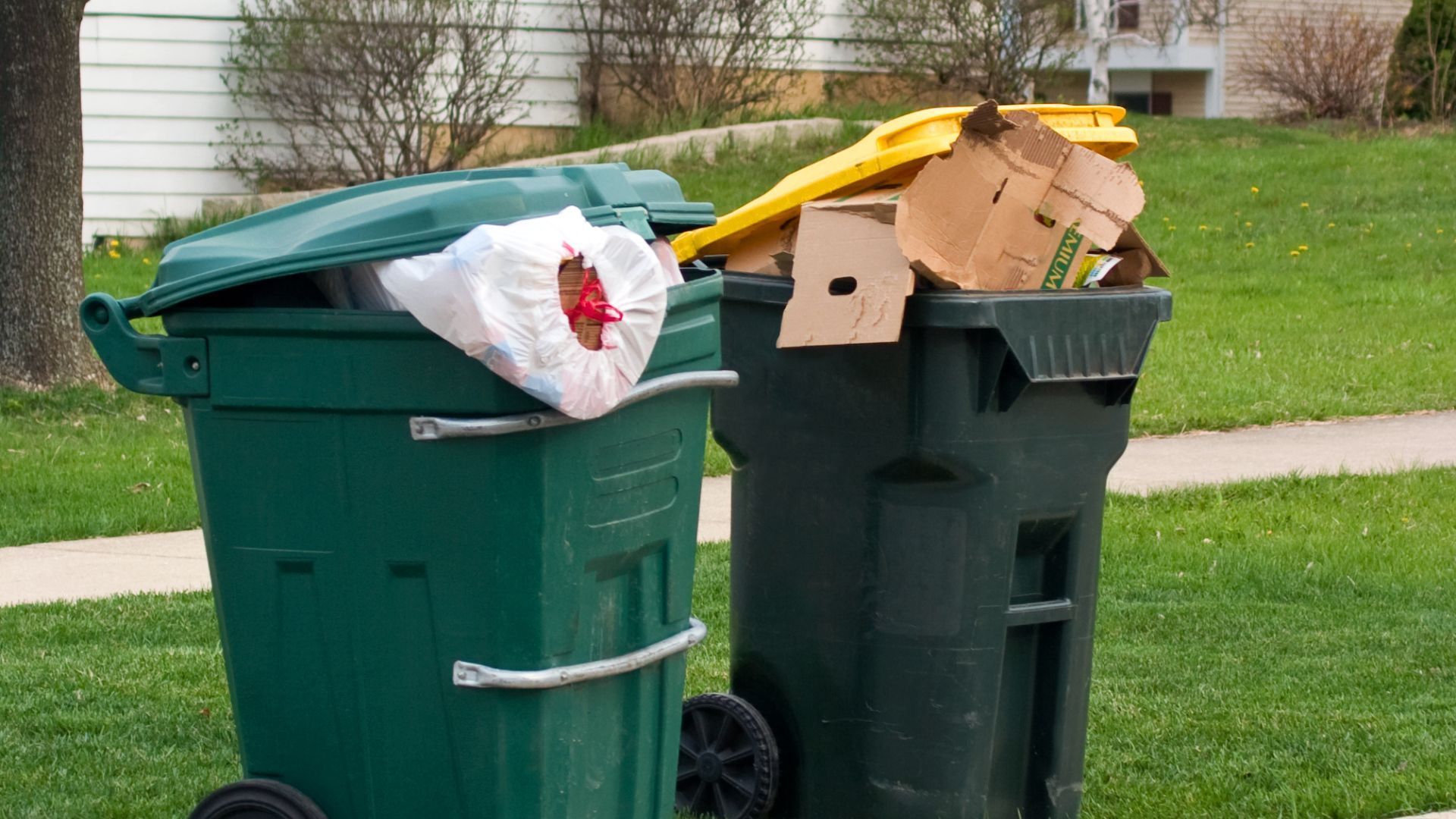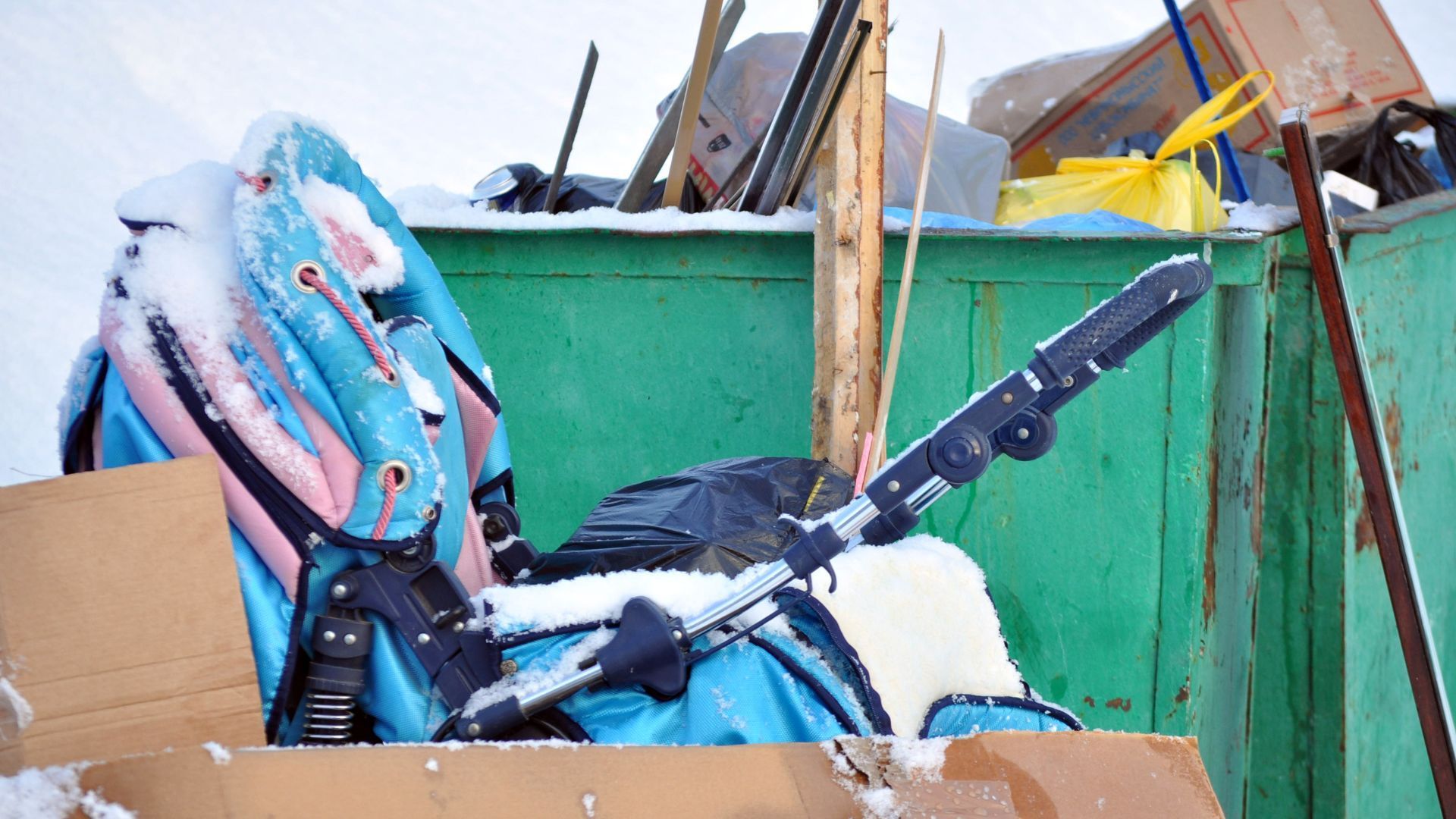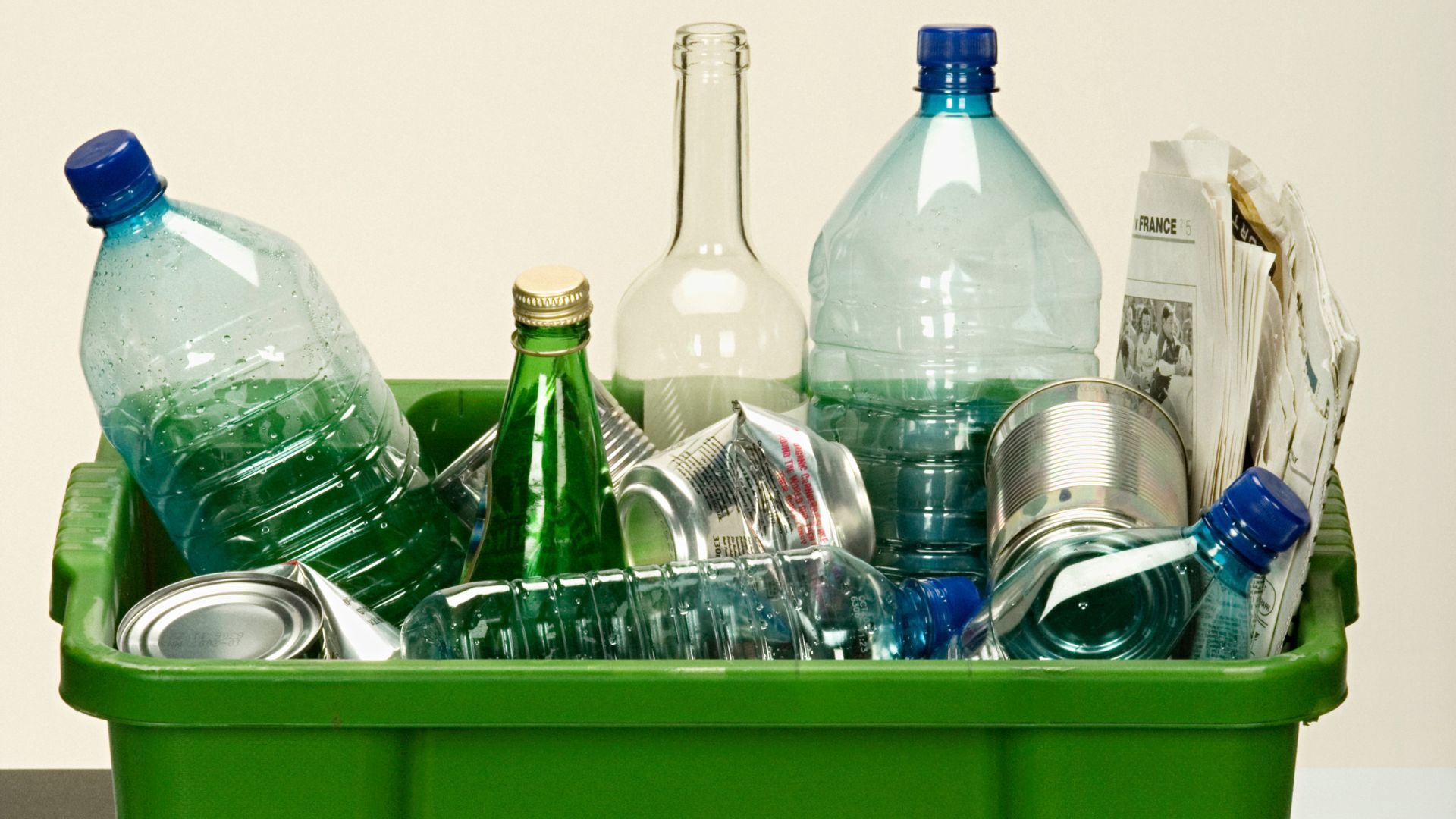How Junk Removal Augusta Services Handle Large Projects
Junk removal in Augusta isn't always about tossing out a few broken chairs or bagging up attic clutter. Sometimes, it's about clearing out entire buildings, managing debris from major renovations, or coordinating estate cleanouts that span multiple rooms and decades of possessions. These are not tasks handled with a few trash bags and a pickup truck—they require strategy, experience, and the ability to adapt to unexpected challenges. And in this city, where business renovations, home upgrades, and commercial turnovers are part of the landscape, handling large junk removal projects becomes a routine rhythm for professionals in the field. What sets large-scale junk removal apart isn’t just the volume—it’s the complexity.
Understanding the Scale of a Large Junk Removal Job
What looks like a mountain of debris to one person might be a jigsaw puzzle of opportunity to a seasoned removal crew. Before any truck rolls onto the site, professionals take time to assess the full scope of the project. They look past the obvious piles and dig into the structure of the job itself—what types of materials are involved, how tight the working space is, and whether access points allow for efficient loading. It's a mental blueprint that begins taking shape long before any lifting begins.
In Augusta, where buildings vary from modern commercial complexes to century-old homes, scale is more than square footage. It’s about estimating the labor intensity, handling fragile or hazardous materials with care, and accounting for disposal limitations. Every large project gets broken into segments: sorting, hauling, recycling, and disposal. That segmentation is what makes the unwieldy seem manageable.
Site Assessment and Preparation: More Than Just a Walkthrough
Once a project is greenlit, the site visit becomes a cornerstone of planning. It isn’t just about checking the layout—it’s about evaluating the terrain, determining loading paths, and identifying any risks or restrictions. Tree-lined driveways, narrow doorways, or fragile flooring all get noted. These walkthroughs also allow teams to visualize equipment placement and coordinate staging zones where items can be sorted before being hauled off.
This kind of preparation is often where problems get solved before they ever show up. Spotting a tight staircase might lead to bringing modular lifting gear instead of brute strength. Recognizing that a building lacks elevators could shift the schedule entirely. And in Augusta, weather plays its own game. A planned project can quickly shift if rain turns a backyard demolition site into a mud pit. These assessments are proactive strategy sessions, often blending logistics with a sixth sense built from handling dozens of unpredictable projects before.
Choosing the Right Equipment for Big Jobs
Moving bulk junk isn’t just about manpower—it’s a dance with machinery. For massive cleanouts, that might mean box trucks, roll-off dumpsters, flatbeds, or even mini-excavators for jobs that get a little dirty. Matching the equipment to the job is like choosing tools for surgery. It has to be precise, efficient, and safe. You don’t want a sledgehammer when a crowbar will do. You don’t bring a dump trailer when a full box truck will save three trips.
In Augusta, professional junk removal services handling large-scale projects keep their fleet varied for a reason. Apartment cleanouts downtown may require a small vehicle that navigates tight corners and narrow alleys, while suburban estate cleanups demand full-sized haulers. For jobs involving concrete, heavy furniture, or hot tubs, lifting aids and ramps are essential. And when recycling’s in play, compartmentalized trucks allow materials to be sorted on the fly.
Sorting Materials and Planning Disposal Channels
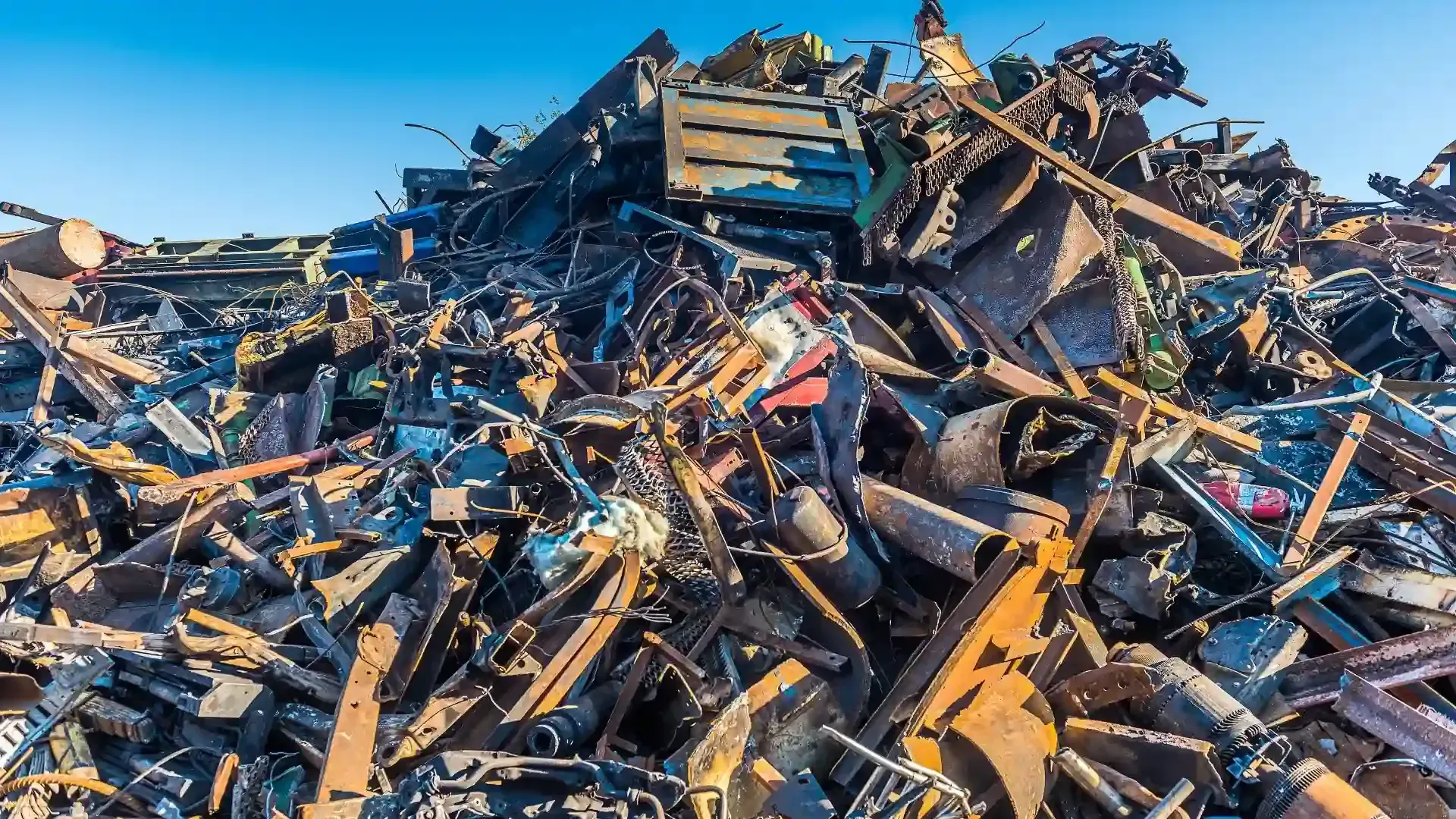
Big projects come with a bigger mix of stuff. It's not unusual to see drywall next to old mattresses, outdated appliances tangled with wires, and boxes of paper sitting beside rotted wood. Every item poses a question: trash, recycle, or donate? Sorting is the backbone of responsible junk removal, and in large-scale jobs, this sorting starts before anything hits the truck. Crews separate items by category, often directly at the site, establishing mini-zones to streamline disposal later.
Augusta’s junk removal teams stay sharp on local regulations, understanding what can be brought to transfer stations, what must be handled by special facilities, and what deserves a second life elsewhere. Electronic waste goes one way, yard debris another. Scrap metal may feed back into manufacturing chains, while gently used furniture might find its way to local organizations. With large projects, having disposal partnerships in place—whether with landfills, recyclers, or donation centers—is critical. It’s about knowing where everything goes before it ever leaves the driveway.
Managing Project Timelines Without Cutting Corners
Large projects don’t just take time—they require time management. There's a fine balance between moving quickly and moving carefully. Junk removal professionals operate under timelines driven by client needs, property deadlines, or city regulations. And yet, they can’t afford to skip steps just to keep the clock happy. In Augusta, where commercial leases and home sales hinge on cleanouts, these deadlines carry weight.
The best crews establish micro-deadlines within the overall schedule: day one is for sorting, day two for major hauling, day three for final sweeps. If a property requires coordination with contractors or inspectors, those appointments get locked in early. And in jobs that span multiple days, end-of-day check-ins ensure no surprises creep in overnight. It's about building momentum that doesn't crash halfway through. There’s no glamour in junk hauling, but when everything wraps exactly as promised, it feels like a victory for all sides involved.
Safety Practices That Scale with the Project Size
Handling large volumes of junk can pose risks, both visible and hidden. Broken glass, unstable stacks, rusty nails, and even pests might be waiting in the shadows of a cluttered site. Teams don’t walk into these environments unprepared. They arrive with protective gear, trained eyes, and a mental checklist of protocols honed by experience. Safety is never an afterthought—it’s baked into every phase of the job.
Whether it’s protecting team members from heavy lifts or ensuring that a stair railing doesn't become a hazard, precautions are constant. For larger jobs in Augusta, especially those involving demolition or older structures, there’s an added layer of concern about potential mold, asbestos, or unsafe flooring. This means inspections come first, followed by safe routing plans, tool readiness, and sometimes even temporary reinforcements. In the big picture, safety is about more than avoiding injury—it’s about ensuring the job completes without delay, damage, or drama.
Coordinating with Property Owners and Stakeholders
Big junk removal jobs rarely exist in isolation. Commercial projects may involve tenants, building managers, realtors, or city officials. Residential jobs could include family members, estate executors, or renovation crews. Clear communication becomes vital, and successful teams act as the glue that keeps all parties aligned. They establish points of contact, provide updates, and offer realistic expectations around what’s possible.
In Augusta, where properties change hands and businesses flip spaces, time-sensitive communication ensures nobody gets blindsided. If a dumpster will block an alley for two days, nearby businesses need to know. If an elderly homeowner is part of a cleanout, patience and transparency go a long way. Junk removal at this scale becomes part logistics, part diplomacy. The smoother the coordination, the fewer the setbacks. And the fewer the setbacks, the better the outcome for everyone involved.
Handling Surprises During Large Junk Removal Projects
Even the most well-planned projects can take a wild turn. A hidden wasp nest. A pile of bricks beneath a tarp. A foundation crawl space packed with forgotten belongings. Surprises are a guarantee, and how they’re handled separates amateurs from pros. The real skill isn’t avoiding the unexpected—it’s adapting on the fly without derailing the entire job.
In Augusta’s older neighborhoods especially, properties hide secrets. Sometimes that means more junk than expected. Other times, it’s access being trickier than assumed. Crews keep contingency plans in their back pockets: backup vehicles, overflow sites, and extra hands on call. Flexibility doesn’t mean being unprepared—it means being overprepared for variables most people never consider. That foresight allows junk removal professionals to pivot quickly and keep progress steady, even when the job takes a turn.
Eco-Conscious Methods in High-Volume Junk Disposal
Large projects often produce an overwhelming amount of waste, but that doesn’t mean everything heads to a landfill. Eco-conscious strategies are woven into modern junk removal, and in Augusta, there’s growing pressure to ensure sustainability is a top priority. This includes rehoming usable items, channeling scrap materials into recycling centers, and even composting organic debris when possible.
What’s impressive about these methods is how they scale. Systems that work for a single-home cleanout can expand to multi-floor offices or post-construction sites. Junk removal companies develop sorting algorithms—mental or procedural—to make recycling a seamless step, not a chore. This reduces environmental impact and fosters community goodwill. Green junk removal isn’t just marketing—it’s a mission that drives how every truckload gets processed. And in a city trying to keep growth clean and responsible, that kind of mission matters.
Conclusion
Getting large-scale junk removal right takes more than muscle. It’s a blend of coordination, strategy, adaptability, and commitment to the highest safety and environmental standards. Every massive cleanup—whether it's a warehouse liquidation, a property transition, or a major renovation—presents a different puzzle. But for teams trained to handle chaos with control, that puzzle becomes just another day on the job.
Whether you’re clearing space for something new or dealing with the remnants of what’s left behind, there’s a service that can step in and make the load feel lighter—literally and figuratively. For expert handling of your large junk removal project, contact Hinkins Disposal, located in Augusta, GA. Call (706) 885-4032 or email Hinkinsdisposal@gmail.com for reliable, efficient service tailored to your needs.
